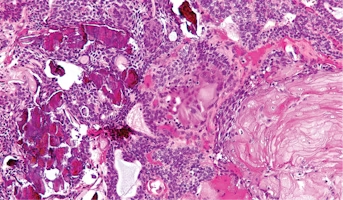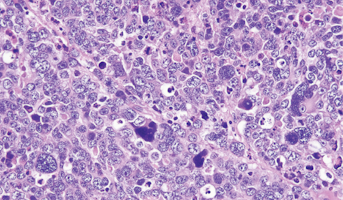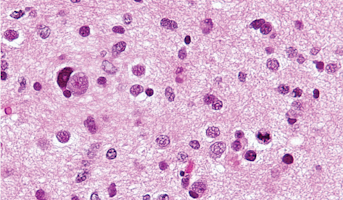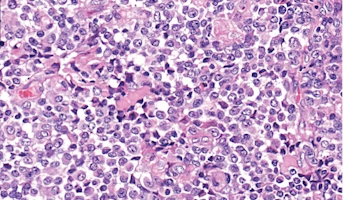Uri Tabori
Toronto, ON M5G 1X8, Canada
Sick Kids

About
Staff Physician, Division of Haematology/Oncology
The Hospital for Sick Children (SickKids)
The Tabori lab is focused on combining biological and translational research in paediatric oncology. Specifically, we are interested in studying mechanisms underlying brain tumor immortality and recurrence in the context of predisposition to cancer. Currently our group is studying 3 major areas related to this concept: Telomere maintenance and cancer recurrence, Cancer predisposition syndromes and Paediatric gliomas
Expertise
Data Science

Sick Kids
scientific
Projects

Data
Ongoing
Immunogenomic Landscape of Pediatric Cancers
The study of a tumor’s immune repertoire includes an analysis of T cell receptors and B cell receptors that allow an immune system to adapt to changes and launch an immune system response. Using the Pediatric Brain Tumor Atlas, researchers will study the immune repertoire across tumor types which could lead to new immunotherapies.
All Brain Tumor Types

Trevor Pugh

Data
Planning
The landscape of pediatric RTK-driven gliomas
Oncogenic fusions involving receptor tyrosine kinases (RTK) provide an excellent opportunity for therapeutic targeting but the clinical and molecular landscape of pediatric RTK-driven gliomas remains largely uncharted. To define clinically-relevant tumor subgroups and assess their prognostic significance, we will evaluate the correlation between molecular and clinical characteristics. This project will provide mechanistic insights into RTK-fused gliomas and enable precision medicine approaches to treat these tumors.
HGG, LGG

Ana Guerreiro Stücklin
research
Interests

Craniopharyngioma
Childhood craniopharyngiomas are rare tumors usually found near the pituitary gland (a pea-sized organ at the bottom of the brain that controls other glands) and the hypothalamus (a small cone-shaped organ connected to the pituitary gland by nerves).Craniopharyngiomas are usually part solid mass and

Medulloblastoma
Medulloblastomas comprises the vast majority of pediatric embryonal tumors and by definition arise in the posterior fossa, where they constitute approximately 40% of all posterior fossa tumors. Other forms of embryonal tumors each make up 2% or less of all childhood brain tumors.The clinical feature

High-Grade Glioma
High-grade Gliomas (HGG) or astrocytomas in children nearly always result in a dismal prognosis. Although novel therapeutic approaches are currently in development, preclinical testing has been limited, due to a lack of pediatric-specific HGG preclinical models. These models are needed to help test

Atypical Teratoid/Rhabdoid Tumor
Central nervous system (CNS) atypical teratoid/rhabdoid tumor (AT/RT) is a very rare, fast-growing tumor of the brain and spinal cord. It usually occurs in children aged three years and younger, although it can occur in older children and adults. About half of these tumors form in the cerebellum or
